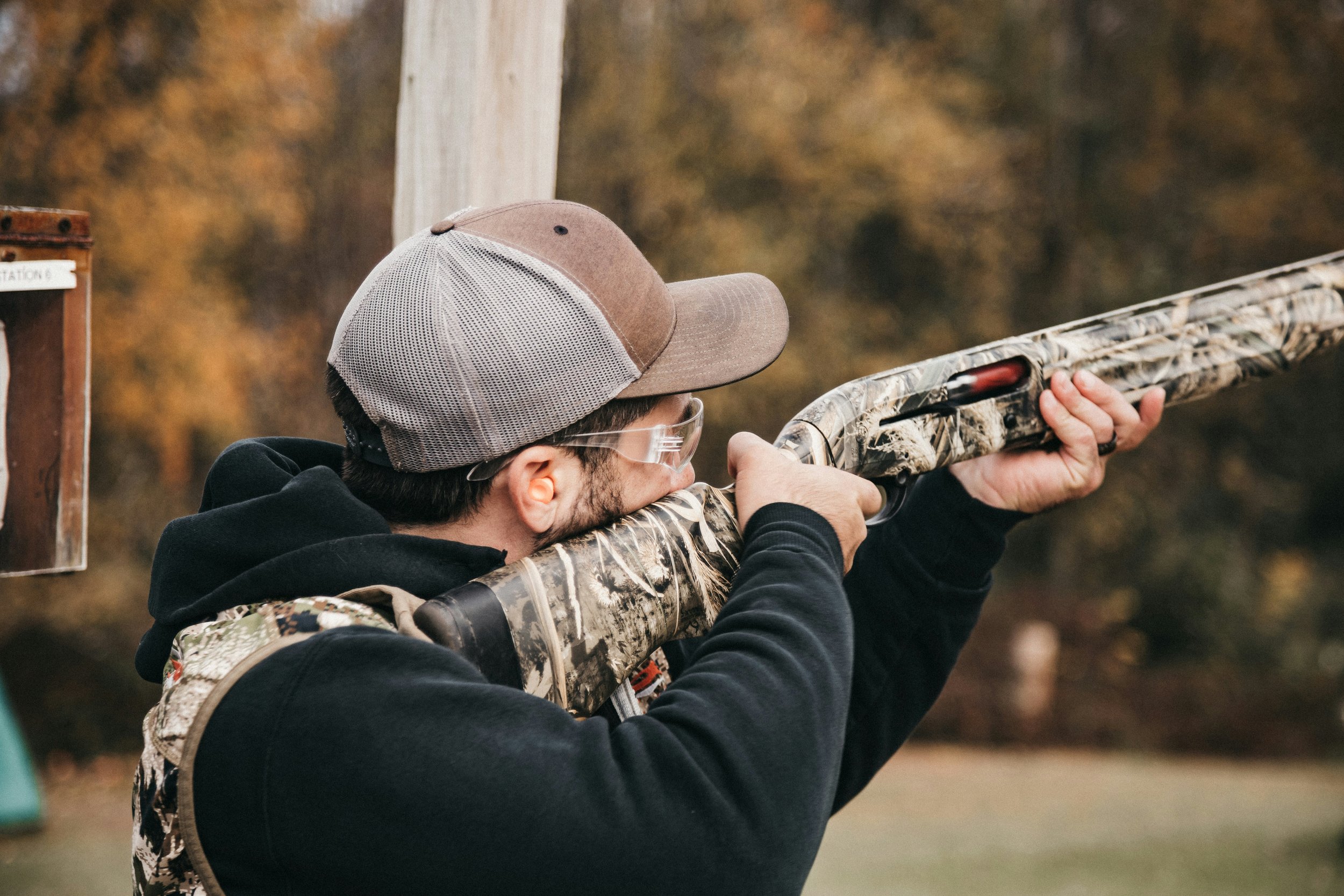UN Calls on South African Government to Protect Children from Trophy Hunting
The guideline suggests that allowing children to take part in trophy hunting is a form of psychological abuse, and could have ramifications for the hunting industry around the world.
Is allowing children to take part in trophy hunting a form of psychological abuse?
The United Nations Committee on the Rights of the Child has suggested that it ‘yes’, it is. The committee is calling on the South African government to “protect children from the vicarious effects of exposure to violence inflicted on animals such as during Trophy Hunting”.
The announcement, made earlier this month, comes after a periodic review of children’s rights in South Africa.
The UN’s recommendation has been welcomed by animal protection groups, including the Humane Society International (HSI) who called the move a “critical starting point” to help address how children around the world are exposed to animal cruelty.
Protecting Children from Violence Against Animals
The UN has previously recognised and defined the right of children to freedom from all forms of violence - including exposure to violence inflicted on animals. With this passage, which passed last year as UN General Comment 26, children now have the right to be protected against witnessing any violence inflicted on any animal.
And that right is now being put into practise with the UN’s latest ruling in South Africa. During a review meeting on 24 January 2024, Dr Rinchen Chophal, vice chair of the UNCRC said: “various psychological studies on violence and animal abuse have shown that witnessing or participating in the violence can severely impact children’s moral and psychological development, besides normalizing violence and conditioning life-long negative behavioral patterns.”
Dr Chophal continued, “the popular and social acceptance of child participation in animal trophy hunting in the country (South Africa) is horrendous to say the least. Can the State Party enlighten us whether you will, as a matter of urgency, criminalize this practice?”.
Research shows that witnessing animal abuse is a form of psychological abuse in children. Yet children around the world often experience many forms of violence towards animals that could cause emotional trauma, says HSI.
Examples include children, particularly those from low-income communities, who often encounter domestic abuse towards pets, violent slaughtering of conscious farmed animals, and the cruel extermination of animals considered to be “pests” including mice, rats, and street dogs. Other activities that perpetuate violence against animals include trophy hunting, game hunting, culling, poaching, and wing shooting.
In South Africa, where child participation in trophy hunting is widespread, the UN has singled out government work to be done to help protect children from partaking in the controversial activity.
“Trophy hunting is cruel and violent to animals and deeply harmful to the children who witness it,” says Dr Matthew Schurch, wildlife specialist for Humane Society International/Africa.
Dr Schurch describes the Committee’s statement as a “critical starting point to address the wide spectrum of animal cruelty that children in South Africa - and around the world - are exposed to.”
By promoting compassion and respect towards animals, communities can foster children’s emotional and social skills. And ending exposure to animal cruelty can also help prevent the normalization of violent behaviors, not only against animals but towards people too.
“We look forward to the South African government demonstrating how we will ensure the rights of our children to be protected from all forms of violence towards animals,” Dr Schurch concludes hopefully.
If the South African government develops a framework to help protect children from trophy hunting, then it could help encourage other countries to follow suit.
In the US, laws around children attending hunts vary by state. While some states have minimum age limits (around 12 years old), some allow children of any age to participate, as long as they are accompanied by someone who is licensed to hunt.
We Have A Favor To Ask…
Species Unite amplifies well-researched solutions to some of the most abusive animal industries operating today.
At this crucial moment, with worldwide momentum for change building, it’s vital we share these animal-free solutions with the world - and we need your help.
We’re a nonprofit, and so to keep sharing these solutions, we’re relying on you - with your support, we can continue our essential work in growing a powerful community of animal advocates this year.






